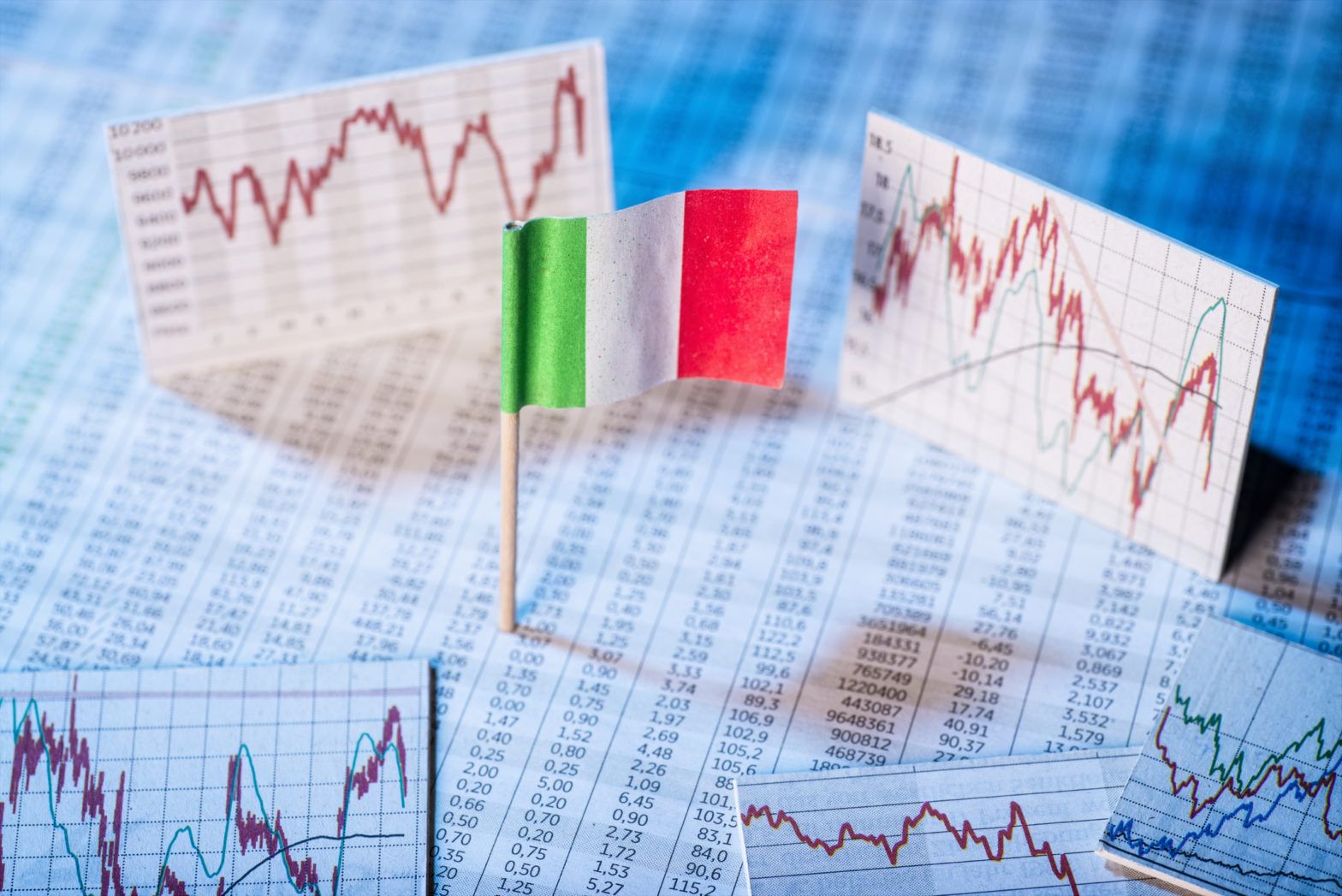Italian bond markets have been thrown into turmoil over the last week over fears the Italian government was set for a head-on collision with the European Union over its spending plans.
The catalyst was the announcement by Italy’s ruling coalition that it would push for a budget deficit of 2.4% of GDP in the next three years, which was wider and longer than market expectations.
However, Italian finance minister Giovanni Tria backtracked this week following negative reactions from financial markets and the European Commission.
On Wednesday, Tria announced the deficit would instead be trimmed to 2.2% in 2020 and 2.0% in 2021, prompting a modest retracement in Italian bond yields.
The yield on 10-year Italian government bonds rose were trading at 3.40% on Friday and the two-year yield was at 1.38%.
Debt downgrade looms
Many analysts, however, expect the revised targets will still be deemed non-compliant with EU fiscal rules once key growth assumptions are presented to the EC in mid-October.
“A one-notch downgrade by both Moody’s and S&P appears likely at this point, potentially with a negative credit outlook,” said Andrea Iannelli, investment director, Fidelity International.
“Uncertainty will remain high with Italian debt scrutinised by the credit agencies who will be expected to reassess the country’s rating by the end of October,” said Matteo Germano, head of multi assets at Amundi. “A downgrade is now more than likely.”
Reviews by both Moody’s and S&P are also expected in the coming weeks. “A one-notch downgrade by both rating agencies appears likely at this point, potentially with a negative credit outlook,” Iannelli said.
“Possible downgrades by the credit rating agencies would exacerbate existing market tensions. However, over the longer term, we expect both coalition parties to maintain a confrontational posture with the EU, as this best serves their political needs,” wrote Christopher Graham and Sarah Hewin from Standard Chartered Bank in a report released on Thursday.
“We think any resurgence in Italian financial-market volatility – particularly a sharp rise in borrowing costs – will be more effective in limiting the coalition’s fiscal ambitions than any admonitions or threats from the EC.
“The nationalist Lega party has boosted its popularity since election day on the back of its battles with the EU over immigration, and if current polling trends continue, we think the prospect of an early general election being called (potentially by mid-2019) will rise too.”
Many asset managers hold a ‘neutral’ view on Italian debt and will monitor developments in the budget law and in the overall economic outlook.
Germano added that Amundi also remained remain cautious on Italian equity, particularly less leveraged companies. “Whilst we believe short-term volatility could impact European equities, but we are more constructive on the mid-term outlook,” he said.
Long-term risks
Adrian Hilton, fixed income fund manager at Columbia Threadneedle Investments said his chief concern was the worsening economic backdrop in Italy as domestic sentiment and international demand wane. “The real risk to Italy may materialise later when, without sufficient structural buffers to lower growth rates, the size of primary surplus required to stabilise the debt ratio may become unachievable,” he said.
“The prospect of Italy’s departure from the Eurozone was unthinkable a few years ago [and while] we still don’t see that as a likely outcome but it’s no longer impossible to imagine.”
Italy’s long-term debt sustainability could now be heavily reliant on a very optimistic growth scenario materialising, Iannelli said.
“Judging by the latest, softer than expected PMI releases, the outlook for Italian growth remains challenging. Even a minimal slowdown in GDP growth would set the country’s debt-GDP ratio back on an upward trend,” he said.
“BTPs [Italian government bonds] will remain volatile, and trade on the back of the many headlines that we will see as the negotiations with the European Commission take place. The spread to German government Bunds should face further headwinds as a result.”








